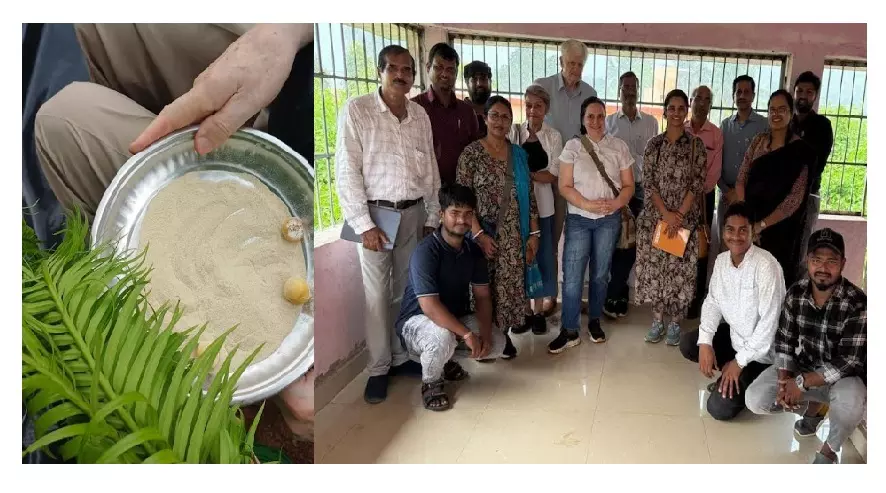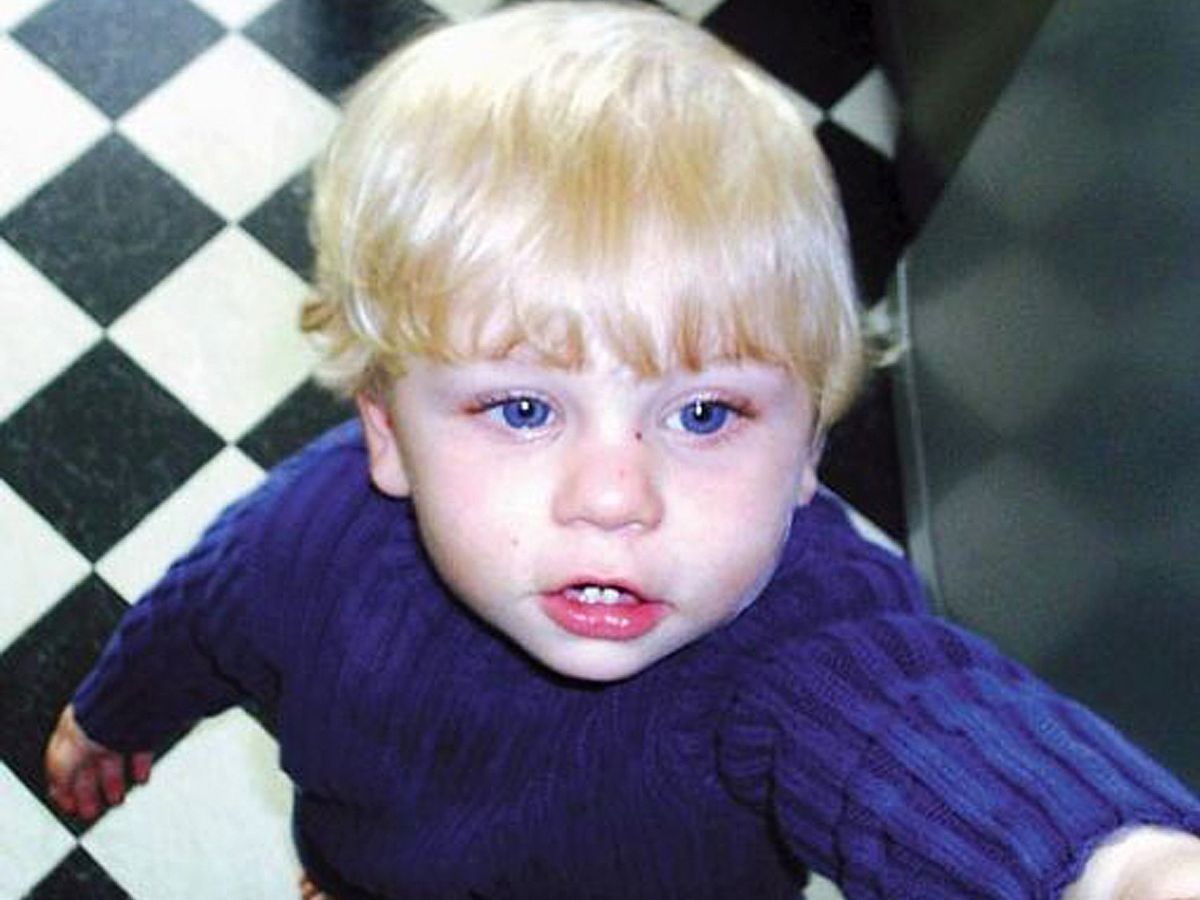Copyright deccanchronicle

Bhubaneswar: In a landmark initiative, AIIMS Bhubaneswar has launched a comprehensive research programme on the toxicology of Cycad plants following the detection of B-N-methylamino-L-alanine (BMAA) — a potent neurotoxin — in cycad species growing in Odisha’s forests. The move comes amid growing concern that certain tribal communities, which continue the ancestral practice of consuming cycad-based foods such as pitha, may face an elevated risk of neurological diseases.To address these concerns, AIIMS Bhubaneswar and North-Eastern Hill University (NEHU), Shillong, jointly organised an international workshop titled “Cycad-Related Neurological Disorders: A Multi-Dimensional Approach to Its Remediation.” The event brought together leading national and global experts to examine the potential links between cycad consumption and neurodegenerative disorders such as Parkinsonism, motor neuron disease, and dementia. Cycads — ancient plants that predate even the dinosaurs — contain several natural toxins, including Cycacin, BMAA, and MAM (methylazoxymethanol). Similar dietary exposure in regions like Guam (USA) and Japan’s Kii Peninsula has been associated with severe neurodegenerative conditions, prompting Indian researchers to explore possible parallels in Odisha. The workshop was attended by renowned neuroscientists Prof. Peter S. Spencer and Prof. Valerie S. Palmer of Oregon Health & Science University, pioneers in cycad neurotoxicology. They were joined by Prof. Jacques Reis of the University of Strasbourg, Dr. Rajarshi Majumder and Dr. Jessica Pasqua from UCLA, and national experts including Prof. Manjari Tripathi, Head of Neurology, AIIMS New Delhi. As part of the study, experts visited Dhuannali village in Khordha district and Gangamunda and Suaginali in Dhenkanal district, where tribal populations continue to consume Cycas (locally known as Veru or Aruguna) as a food staple. Researchers interacted with villagers and health workers to assess potential neurological symptoms and local awareness levels. Prof. (Dr.) Ashutosh Biswas, Executive Director of AIIMS Bhubaneswar, lauded the initiative as a “pioneering step toward understanding cycad-linked neurotoxicity in Indian contexts.” The project is led by Prof. S. K. Barik, Dean, School of Life Sciences, NEHU, and Prof. Sanjeev Kumar Bhoi, Head of Neurology, AIIMS Bhubaneswar, with support from Prof. Dillip K. Parida and Dr. Shakti Kanta Dash.



